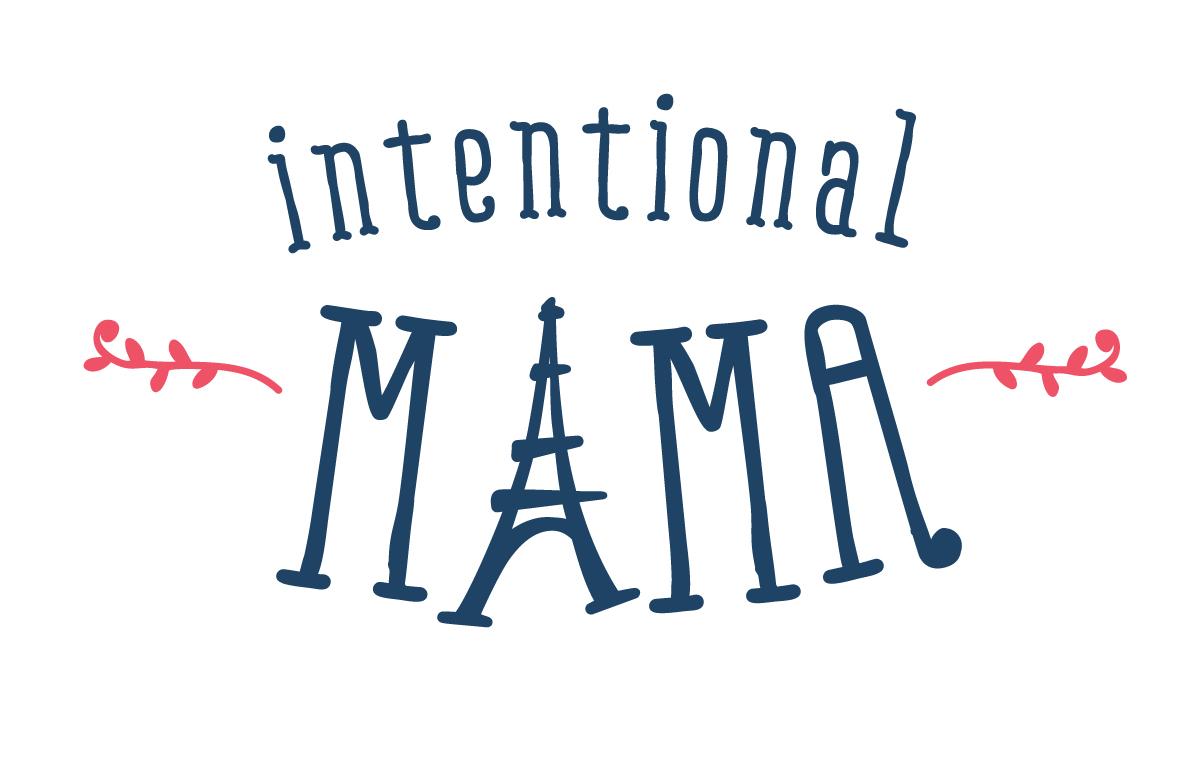The Minimum Time Needed for Children to Become Bilingual
How much time does it take a child to become bilingual? If we define bilingualism as enough proficiency to function adequately and comfortably in both languages, most studies suggest at least fifteen hours per week are necessary in the minority language. (This is not a outright rule--there are too many factors to control. Some researchers say twenty-five hours per week is a more realistic number.)
When does a child qualify as bilingual? In my experience, adults consider even toddlers bilingual if the child understands what is being said in the minority language and can translate words when asked. But keeping that bilingualism into adulthood requires continual progress in the minority language so that the child is capable of speaking it comfortably with others.
I've never counted up the hours that my children hear French because I use the language with them at all times. (This is the OPOL method: one parent, one language.) But if you are interested in using another language with your child on a more part-time basis, here are three factors that could increase your child's likelihood of becoming bilingual:
- The sooner, the better. The more the child is exposed to the language, the more they can learn. Obviously, a younger child exposed to the language has more time to become comfortable with the language by adulthood than an older child just beginning to encounter the language. Give your child the benefit of time.
- Provide positive motivation. Do what you can to maintain your child's belief that the language is fun, special, and rewarding. Find peers using the language with whom they can form friendships. (Especially seek those who speak only the target language.) Checkout books, CDs, and films from the library in the target language. When possible, switch favorite films to the target language using the menu settings.
- Increase your child's opportunities to use the language. Less exposure to other speakers means less opportunity for your child to respond in the language. More interactions in the target language increase your child's comfort with the language. On that note, definitely consider bilingual schooling.
What action do you want to take to increase your child's comfort with the minority language?
Much of the information for this post was gathered from Raising A Bilingual Child by Barbara Zurer Pearson. You may also find this article helpful from the Bilingual Monkeys blog.


